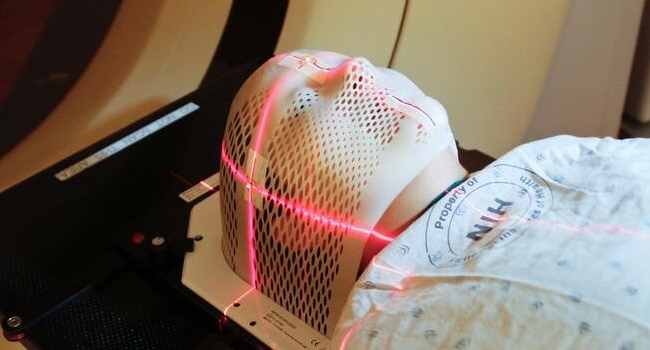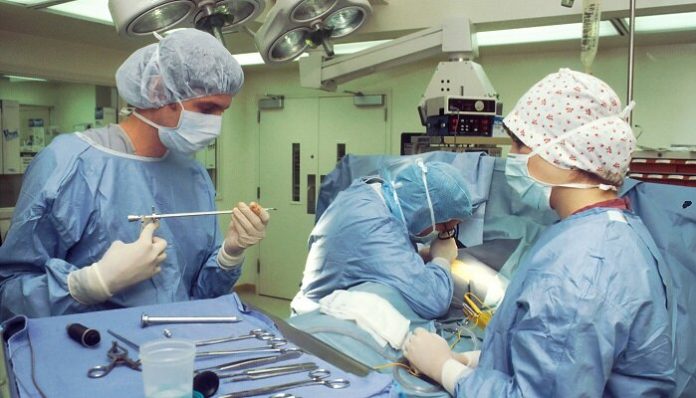Neurosurgery is a specialized field of medicine that focuses on diagnosing and treating disorders of the nervous system, including conditions affecting the brain, spine, peripheral nerves, and cerebrovascular structures. It is one of the most complex and demanding medical fields due to its intricate nature. Most neurosurgeons undergo long and specialized training before they are certified to practice. Here are six important facts to know about neurosurgery:
1. Neurosurgical Treatments Can Involve Different Levels of Invasiveness
Neurosurgical treatments can involve different levels of invasiveness depending on the severity and complexity of a patient’s condition. The least invasive form of neurosurgery is endoscopic surgery, which Sydney based neurosurgeon Dr.Richard Parkinson describes as “minimally invasive,” meaning that only a small incision is made and no scalpel or bone drills are used. This procedure requires minimal incisions, allowing faster healing times with less pain and discomfort than more traditional forms of surgery.
More complex cases may require open surgery, which involves making larger incisions to access deeper structures within the brain or spine. These surgeries are usually required when tumors need removal, or other structural abnormalities must be addressed inside the nervous system. Open surgeries take longer and cause more postoperative pain than endoscopic procedures. Still, they can provide greater access for surgeons so that problems can be fixed more effectively with fewer risks.
2. Neurosurgeons are Highly Trained Professionals
Neurosurgeons are highly trained professionals who specialize in diagnosing and treating disorders of the nervous system. These specialists must undergo lengthy training before being certified to practice, as neurosurgery is one of the most complex and demanding fields in modern medicine due to its intricate nature.
Neurosurgical training involves extensive knowledge of anatomy, physiology, pathology, pharmacology, biomechanics, diagnostics imaging techniques (such as CT scans and MRIs), medical ethics, and patient safety protocols. Neurosurgeons also must develop advanced surgical skills such as precision suturing under a microscope or operating on delicate parts of the brain or spine with extreme accuracy.
In addition to their surgical expertise, neurosurgeons must also maintain a safe and sterile environment. Proper medical waste disposal is essential for neurosurgery practices. Partnering with a trusted provider like TriHaz Solutions ensures biohazardous materials, sharps, and other medical waste are managed safely and compliantly.
3. Neurosurgery Includes a Variety of Specialties
Neurosurgery has evolved to include a vast array of specialties. These range from pediatric neurosurgery to adult brain and spinal surgery and functional and stereotactic neurosurgery.
Pediatric neurosurgeons specialize in diagnosing and treating disorders affecting infants, children, and teens, while adult neurosurgeons treat patients with conditions in the brain or spine. Functional neurosurgery focuses on surgical treatments of movement disorders, epilepsy, and other neurological diseases. In contrast, stereotactic neurosurgery involves using advanced imaging techniques to target and treat specific areas within the brain precisely.
4. Neurosurgeons Use Advanced Equipment and Technology
Neurosurgeons utilize advanced equipment and technology to provide the best possible care for their patients. This includes high-tech imaging systems, such as CT scans and MRIs, which help neurosurgeons get a detailed view of the brain or spine to make accurate diagnoses and plan effective treatments.

Neurosurgical tools include specialized instruments such as microscopes, drills, and scalpels that enable neurosurgeons to perform delicate operations precisely. Neurosurgical teams may utilize robotics and computer-aided navigation systems, allowing surgeons to perform more complex procedures with greater accuracy and safety.
5. Neurosurgery Can Be Used to Treat a Variety of Conditions
Neurosurgery is used to treat a wide range of neurological conditions, from the removal of tumors in the brain or spine to treating movement disorders such as Parkinson’s disease. Neurosurgeons use advanced equipment and technology to provide patients with life-saving treatments.
In addition to treating brain and spinal conditions, neurosurgeons perform deep brain stimulation (DBS) to help treat conditions like Parkinson’s disease, dystonia, essential tremor, and other movement disorders. Neurosurgeons can also use a variety of minimally-invasive techniques to treat hydrocephalus (excessive buildup of cerebrospinal fluid in the skull), aneurysms (bulging blood vessels), and vascular malformations.
6. Neurosurgery is a Growing Field
Neurosurgery is a rapidly developing field with new treatments and technologies constantly emerging. The increasing use of robotics, computer-aided navigation systems, and advanced imaging techniques make neurosurgery safer and more precise while enabling surgeons to treat complex conditions more effectively.
The development of minimally-invasive techniques is also helping to reduce patient recovery times and the risk of complications associated with open surgery. As a result, neurosurgery is becoming increasingly important in modern medicine, leading to improved patient outcomes and better quality of life for those affected by neurological conditions.
Neurosurgery is a rapidly growing field requiring specialized training, advanced technology, and special surgical skills. Neurosurgeons can use sophisticated equipment to diagnose and treat a wide range of neurological conditions, providing life-saving treatments that help to improve patient outcomes for those affected by brain and spinal disorders. In addition to physical recovery, it’s important to consider the mental health aspect, as recovery can be overwhelming for many patients. For those who need ongoing emotional support, a virtual intensive outpatient program can provide a convenient and effective way to manage mental health challenges during the recovery process. By staying up-to-date with the latest developments in neurosurgery, patients can benefit from improved treatments and better quality of life. Neurosurgeons are truly making a difference in the lives of their patients every day.























